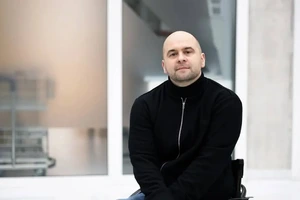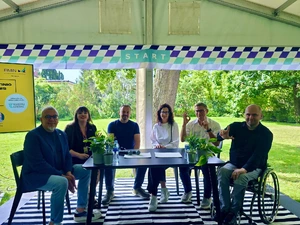Living in the age of artificial intelligence (AI) and encountering new AI tools on a nearly daily basis, we often wonder what the next step in our technological progress will be. Cybersecurity experts say that quantum technology is the next technological revolution awaiting us in the future, and we need to start preparing for it today.
According to Šarūnas Grigaliūnas, head of the KTU Cyber Security Competence Centre, although the world does not yet have widely available quantum computers capable of cracking current encryption algorithms, the threat of “collect now, decrypt later” attacks is forcing us to act today.
According to him, Lithuania has already taken steps towards quantum security by initiating the preparation of a national post-quantum encryption migration plan and establishing a working group comprising representatives from business, academia, and the public sector to develop practical strategies for a secure transition.
The expert emphasised that this process is not only technical but also strategic: it is necessary to ensure that national critical infrastructure, industry and public services are ready for the quantum age. According to him, closer cooperation between the government, universities, and private companies is necessary to fill the skills gap, invest in quantum-resistant solutions, and raise awareness in all areas.
“The message is clear – the quantum revolution is no longer a distant prospect. It is a challenge for today, and Lithuania has both the responsibility and the opportunity to become a leader in the field of quantum resistance,” said Dr Grigaliūnas.
This discussion took place at the Būtent! (Eng. Exactly!) festival, which was held on the last weekend of summer in Bernardinų Park, in Vilnius. The Būtent! discussion festival is an open and free event that brings the public together to discuss topics important to the development and progress of the state, seek answers to today’s challenges, promote a culture of listening, and jointly create visions for the future. KTU scientists and experts moderated six discussions at this year’s festival.



